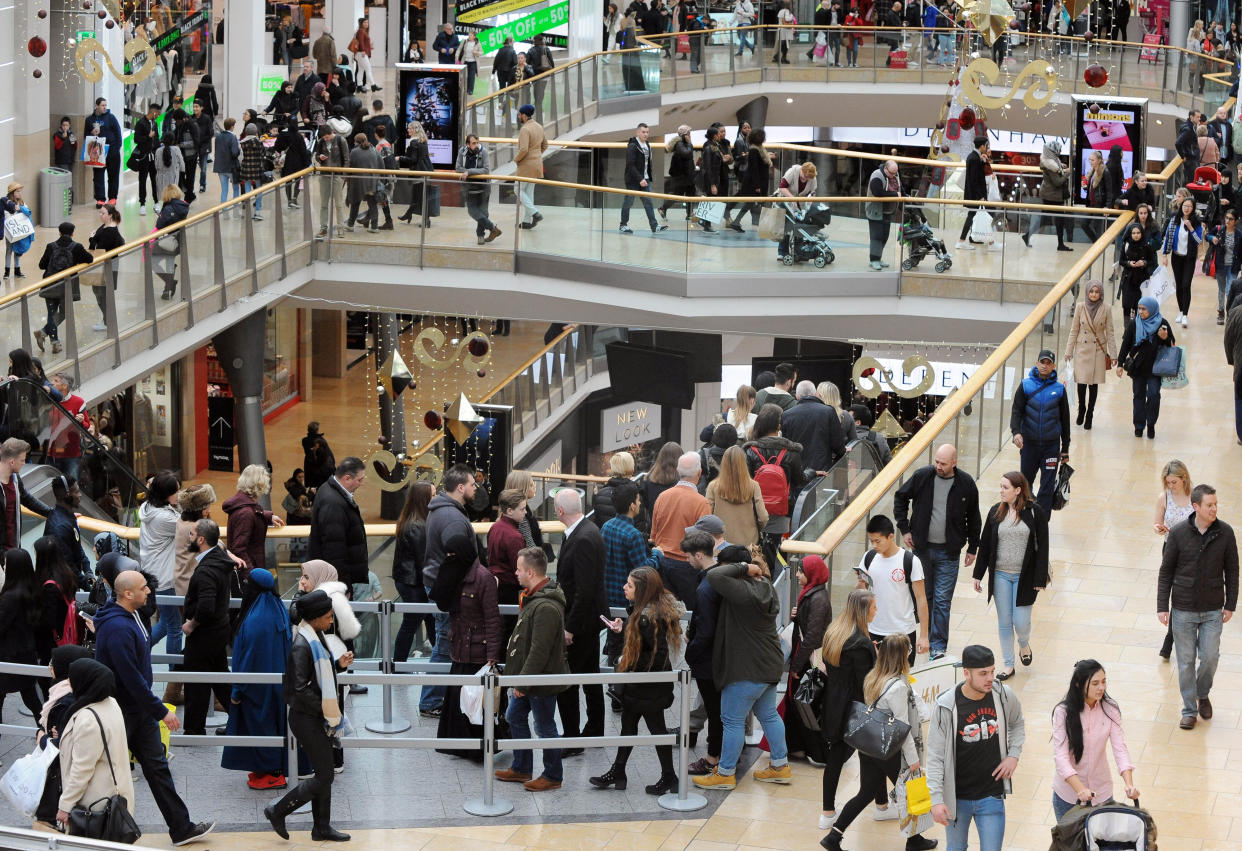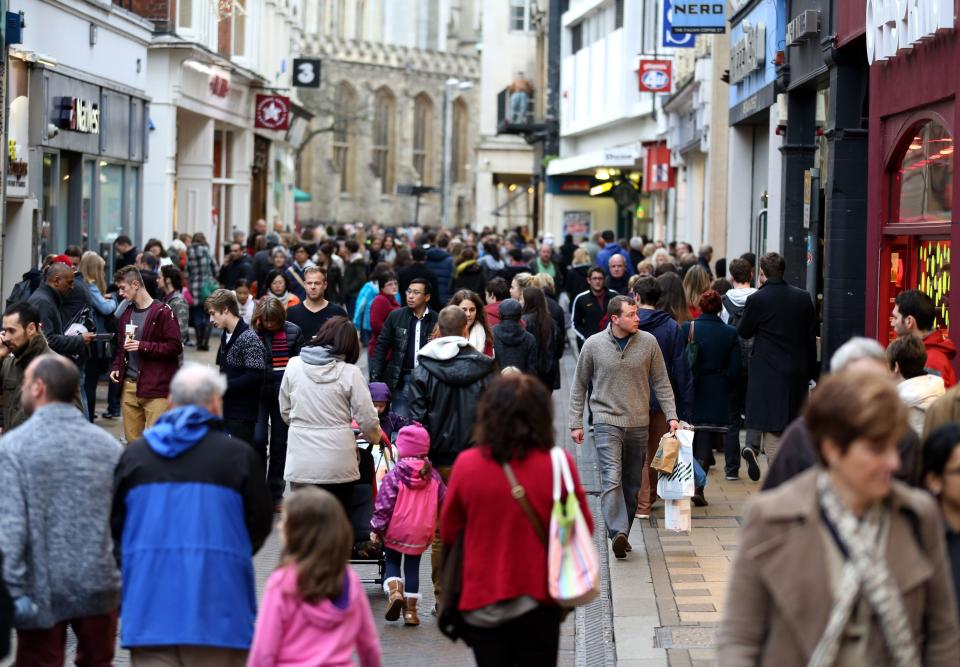British people say they are among the most tolerant in the world, global survey reveals

Most Britons believe they live in a nation that is tolerant of others, a global survey has revealed.
When asked if the UK is a tolerant country, 53% of Britons surveyed said they agreed.
This compares favourably with nations such as France, Spain and Italy, were only a third thought their countries were tolerant, while in Hungary the figure was only 16%.
But the Ipsos Mori poll for the BBC’s Crossing Divides season showed that Britain is some way off countries like Canada (74%), China (65%) and India (63%).
Overall, the online survey of 19,428 respondents across 27 countries found that people believe their nations are more polarised than 10 years ago.
54% see ourselves as tolerant (much less than the Canadians – but much more than Hungarians!) #crossingdivides #bbc pic.twitter.com/XxbusbaOZX
— Ben Page, Ipsos MORI (@benatipsosmori) April 23, 2018
Two-thirds of Europeans feel their nations are “more divided”, the poll revealed, while half of Britons said there is a divide between immigrants and nationals.
It was the source of division most commonly identified in Britain, followed by differences in religion (47%), ethnicity (41%) and political viewpoints (40%).
MOST POPULAR TODAY ON YAHOO
Huge asteroid the size of a football pitch skims past Earth – and scientists hadn’t spotted it
Train which could go from London to Edinburgh in 50 minutes begins tests in Europe
Pippa Middleton is ‘pregnant with her first child’ and Duchess of Cambridge ‘couldn’t be happier’
Teenager from Northumbria racks up 106 arrests by the age of 15 – including arson and burglary
The survey found that Europe is more divided than Latin America, North America and Asia.
In Europe, the poll questioned respondents from 11 nations, including the UK.
In Serbia, 93% of those surveyed said their country was divided.
“All Europe shows a similar trend, with at least three out of four respondents saying that their respective society is very or fairly divided,” said Glenn Gottfried from Ipsos Mori.
He told the BBC that Europeans believe divisions have bemuse more pronounced in recent years.

“This could be a reflection of the political climate and a swing towards the right that we have seen in parts of the continent, or at least the political climate could be a result of people feeling more tensions. The two are correlated,” he said.
“Tensions based on class and income still exist.
“In Britain, for example, about a third see tension between rich and poor, and in Hungary more people see tension between rich and poor than in relation to immigrants.”
But there was some positive news from the poll, with two-thirds of respondents agreeing that citizens have more in common than they have differences.
“Only a small number of people think that mixing with people from different backgrounds, cultures or points of view causes conflict,” said Mr Gottfried.

 Yahoo News
Yahoo News 

